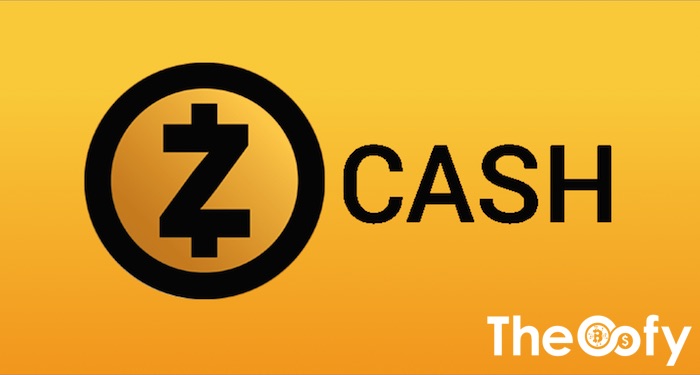The ZCash cryptocurrency is set for a greater decentralization after it teamed up with Parity Technologies to gain independence from the startup platform.
ZCash Foundation will now collaborate with Parity Technologies to develop independent first ZCash node software, of which the Zooko Wilcox-led Zerocoin Electric Coin Company will have no control.
Following that move, ZCash Foundation requires four engineers who will oversee the development and up-keep for open source projects. According to Parity CTO Fredrik Harrysson, the startup will need two engineers to focus on the creation of the new ZCash node.
“Zcash holds, obviously, a special place in this ecosystem. It’s one of few zero-knowledge proof-oriented approaches to privacy….Building that zero-knowledge proof expertise in our company is really important,” Harrysson said, referring to the privacy-centric feature of the ZCash network.
Table of Contents
Giving decentralization a priority
This shift also demonstrates how ZCash Foundation is planning to give a priority to decentralization. Until now, the development and management of the privacy coin was under Wilcox’s company. However, if the partnership works successfully, ZCash users will choose which software to implement, probably by the end of 2019.
Sonya Mann, ZCash Foundation’s communications manager, spoke about the possibility of developing splinter versions, terming the partnership an “important milestone” for the entire ZCash community.
“Philosophically, both the foundation and the ZCash startup are both fork-friendly… If, down the road, issues arose that lead to a fork, I can see it happening amicably, which I think is highly unusual,” Sonya said.
In June, Wilcox revealed that there is a need for multiple parties in the ZCash community to monitor the overall system. However, the platform’s absence from this partnership shows how the ZCash Foundation has matured to handle matters on its own.
On his part, Harrysson opined that having several implementations on the platform could lead to diverse contributions and improve system security.
“It fosters more developers. Maybe C++ isn’t something that everyone wants to get involved with,” Harrysson said, citing the programming language as an example…In ethereum, that [multiple implementations] has often led to performance improvements, in shielded transactions especially,” he said, referring to applications that utilize the zero-knowledge proof privacy improvements.
What it means for Parity
Apart from creating opportunities for ZCash users, Parity is set to gain from the partnership, as it will help it develop proficiency for its upcoming Polkadot, an interoperability solution that permits transactions across and between different blockchains.
“We want to launch Polkadot with a ZCash bridge from day one….We believe that ZCash has some big feature sets to add to this interoperability.”
Most likely, the ZCash node will utilize Parity’s library for Rust, which is a programming language meant for bitcoin-related projects. Harrysson explained that investing in this infrastructure would improve connections and eventually lead to seamless operations between blockchains like bitcoin, ZCash, or Ethereum.
Referring to how polkadot will come along with scaling solutions, Harrysson added:
“Polkadot is a sharding method at the end of the day, so we may be able to see some sharding benefits for zcash with these….Having different implementations, we’ve found in ethereum that it means you have people coming at solutions with different approaches.”




